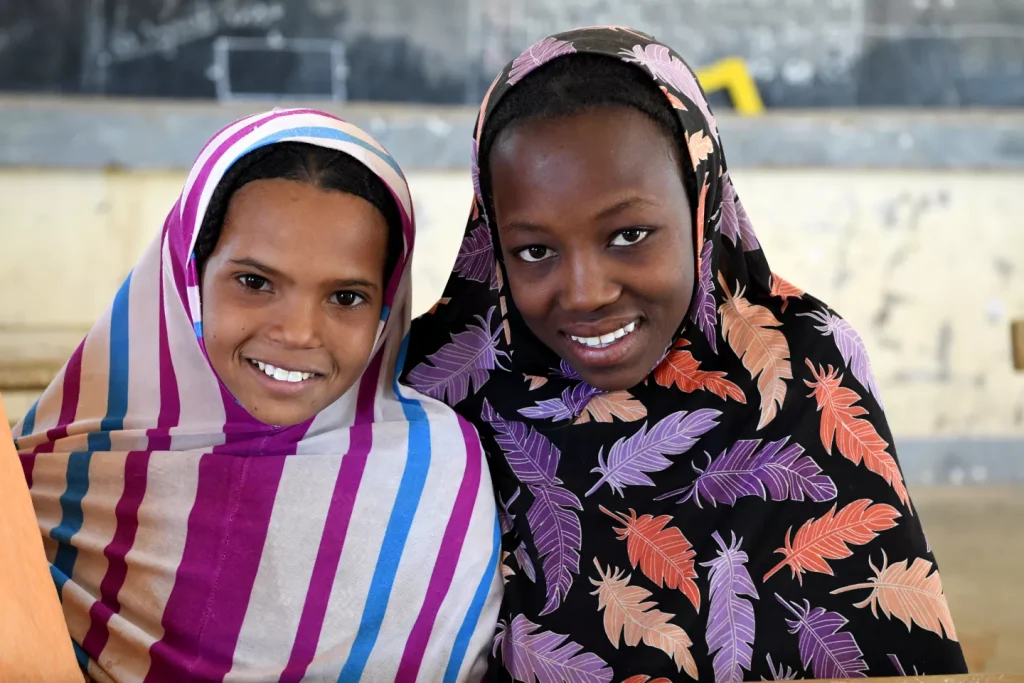The United Nations Children’s Fund (UNICEF) has called on stakeholders nationwide to support and invest in the aspirations of girls, emphasising that empowering them will not only lead to a brighter future for the girls themselves but also contribute to the nation’s overall economic sustainability.
Celine Lafoucriere, Chief of UNICEF’s Field Office for Southwest Nigeria, made this appeal during activities commemorating the 2024 International Day of the Girl Child, themed “Girls’ Vision For The Future.”
Lafoucriere highlighted that girls demonstrate courage and optimism even in challenging situations, making their development a valuable investment for growth. She noted, however, that the vision of the girl child cannot be achieved without collective support from the wider community.
Lafoucriere pointed out the various barriers preventing girls from reaching their full potential, stressing that their birth circumstances should not determine the limitations on their dreams or opportunities.
“Being a girl shouldn’t determine what you can do, where you can go or who you can become. But now, it is the reality of millions of girls across the world. Too many are being left behind, confronted by extreme challenges every day that deny them their rights, restrict their choices and limit their futures,” she asserted.
Marking this year’s International Day of the Girl Child alongside 2024 International Adolescent Health Week, Lafoucriere shared concerning statistics about adolescent girls that demand urgent attention. She reported that one in five young women aged 20 to 24 were married as children, nearly one in four partnered adolescent girls have experienced physical or sexual abuse, and that up to 75% of new HIV infections globally occur among adolescent girls.
She added that one in three adolescent girls suffers from anaemia, a form of malnutrition, further explaining that nearly double the number of adolescent girls (one in four) compared to boys are not engaged in education, employment, or training.
Despite these statistics, Lafoucriere stressed that with the right measures, the situation could improve. She urged stakeholders, including the media, to collaborate in driving the changes needed to improve the lives of girls.

